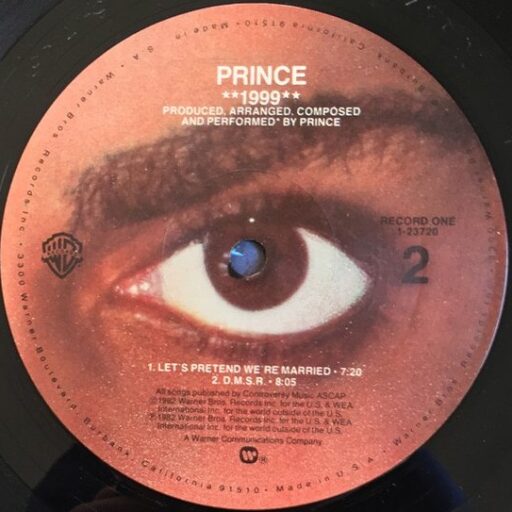Tag: cobo hall
-
If It’ll Make U Happy
What “If It’ll Make U Happy” lacks in polish, it makes up for in potential: with a little more gloss, its sunny harmonies and glistening arrangement could have been a hit for someone.
-
André Cymone, Godfather of the Minneapolis Sound: A Retrospective from an Alternate Timeline
It wouldn’t be fair to give a single artist credit for “inventing” the Minneapolis Sound; but the fact remains that when most music fans think of Minneapolis, one man in particular comes to mind. I’m talking, of course, about André Cymone.
-
Broken
“Broken” feels like Prince having fun, taking his new piano-recording capabilities for a test drive.
-
Do It All Night
Prince had been structuring his shows as a kind of mass seduction since his first “official” live dates in 1979. Now, he had a custom-built vessel for these audience flirtations.
